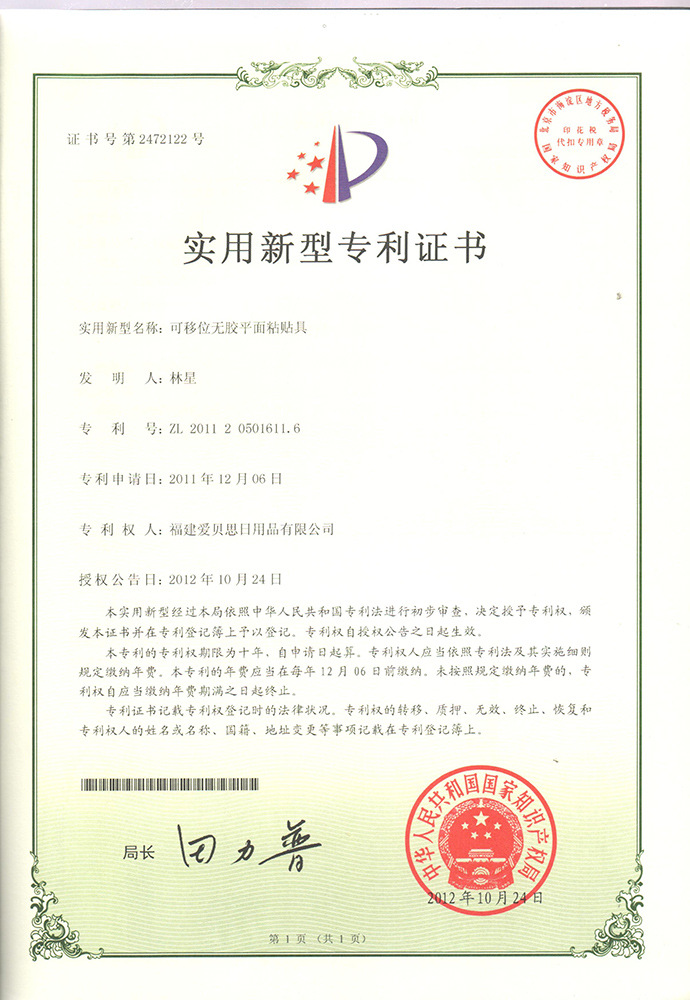
He works from 8 AM until midnight and is also the church janitor. He condemns sin roundly but never hurts anyone's feelings. (I stand before you, an imperfect pastor.)

“The perfect pastor preaches exactly 10 minutes. There’s a tongue in cheek meme that appears on social media periodically called, The “Perfect” Pastor, which says: He also set up the model for an over-functioning and exhausted one, as well. In every detail of parish life Herbert created a model for what he thought was the perfect parson. For instance, in chapter XIII titled “The Parson’s Church” he writes, “the Church be swept, and kept clean of dust or Cobwebs, and at great festivals strawed, and stuck with boughs, and perfumed with incense.” Thank goodness they didn’t have indoor plumbing back then as you know unclogging drains would have been listed, as well! In chapter XXIII titled, “The Parson’s Completeness” he writes, “The Country Parson desires to be all to his Parish, and not only a Pastor, but a Lawyer also, and a Physician.” Again, good thing there was no internet and WiFi back then, as you just know being a computer techie would have been another duty heaped on the parson by Herbert. Herbert was thorough in giving details of what a good country parson should do in his post. or at least the impact The Country Parson has had in setting up expectations of the priesthood which are, well, let’s just say, beyond achievable. In it, he advises that "things of ordinary use" such as ploughs, leaven, or dances, could be made to "serve for lights even of Heavenly Truths." This second book is foundational reading for classically trained Episcopal and Anglican priests, and one which we are very familiar with, but not necessarily always fond of.

Ipaste georgewherbert how to#
The other book Herbert is renowned for is A Priest to the Temple (usually known as The Country Parson), a book that offers practical advice to rural clergy on how to be a good vicar. Several of his poems have been turned into hymns, in particular "Teach me, my God and King," number 592 in the hymnal, "Let all the world in every corner sing" hymn number 402, the gorgeous, “Come my way, my truth, my life,” hymn number 487, which set to the tune The Call by Ralph Vaughan Williams is a hauntingly beautiful and sublime with theological truth, and my personal favorite – no surprise here – hymn number 382, “King of Glory, King of Peace”, set to the tune General Seminary by David Charles Walker. Today, however, Herbert is remembered chiefly for his two major writings: the first being his book of poems titled, The Temple, which were published after Herbert's death. His spontaneous generosity and good will won him the affection of his parishioners. On one occasion he was late because he had met a man whose horse had fallen with a heavy load, and he stopped, took off his coat, and helped the man to unload the cart, get the horse back on its feet, and then reload the cart. He used to go once a week to Salisbury to hear Evening Prayer sung there in the cathedral. He read Morning and Evening Prayer daily in the church, encouraging the congregation to join him when possible, and ringing the church bell before each service so that those who could not come might hear it and pause in their work to join their prayers with his. Herbert served faithfully as a parish priest, diligently visiting his parishioners and bringing them the sacraments when they were ill, and food and clothing when they were in want. By the way, I would love to be the vicar of a parish in a town named Fugglestone, someday! But, I guess I’ll settle for Vicar of Van Aken. Peter’s Fugglestone, not far from Salisbury. In 1626 he was ordained, and became vicar and then rector of the parish of Bemerton and neighboring St. However, in 1625 the king died, and George Herbert, who had originally gone to college with the intention of becoming a priest, but had his head turned by the prospect of a career at Court, determined anew to seek ordination. This brought him to the attention of King James I, who granted him an annual allowance, and seemed likely to make him an ambassador.

George attended Trinity College, Cambridge, and became the Public Orator of the University, responsible for giving speeches of welcome in Latin to famous visitors, and writing letters of thanks, also in Latin, to acknowledge gifts of books for the University Library. His mother was a friend of the poet John Donne. Herbert was born in 1593, a cousin of the Earl of Pembroke.

This evening we honor George Herbert, priest and poet of the Anglican Church.


 0 kommentar(er)
0 kommentar(er)
